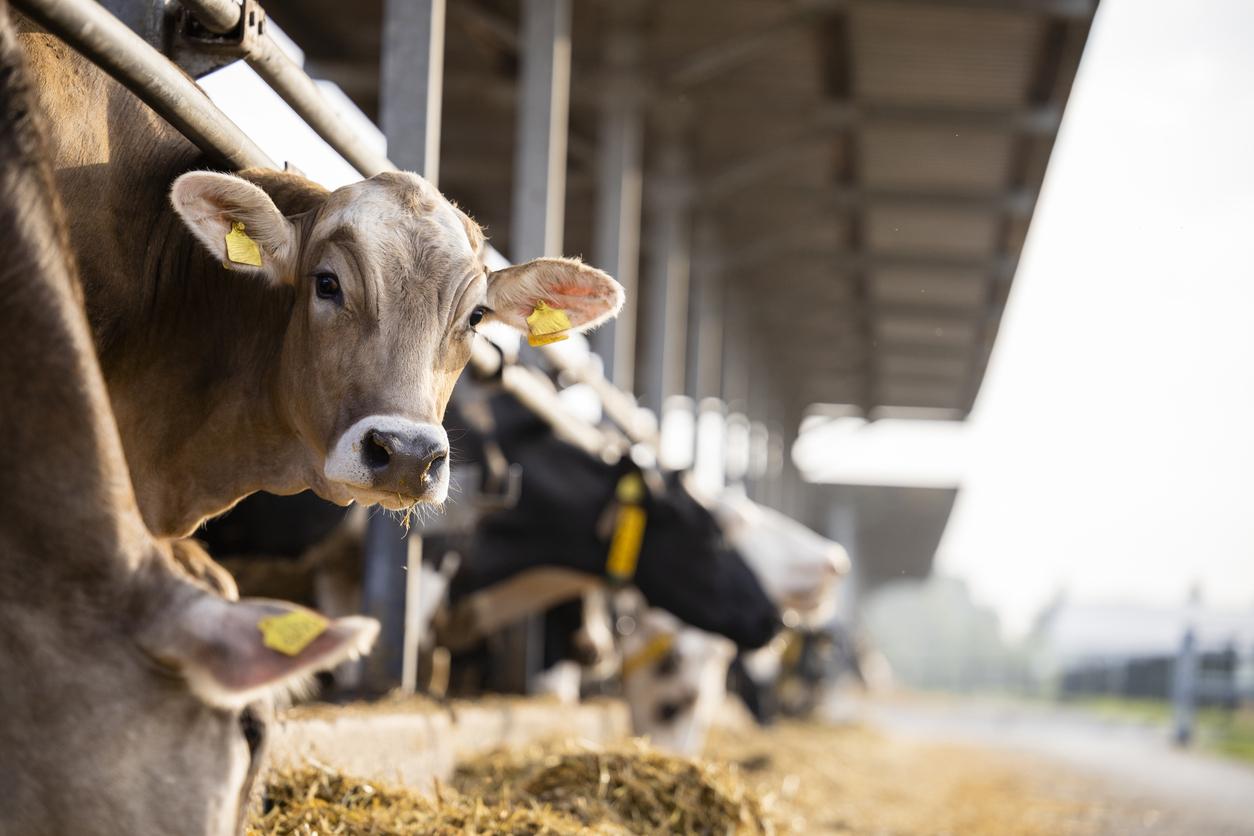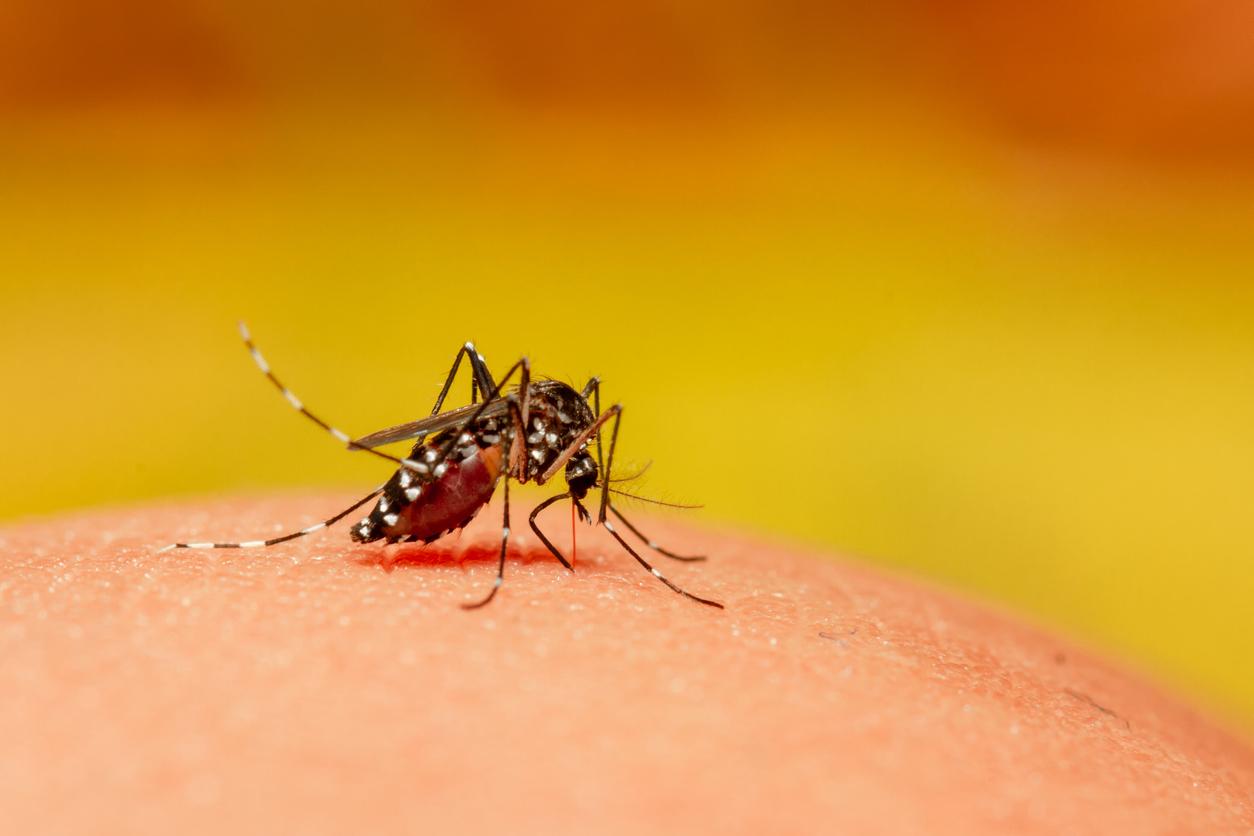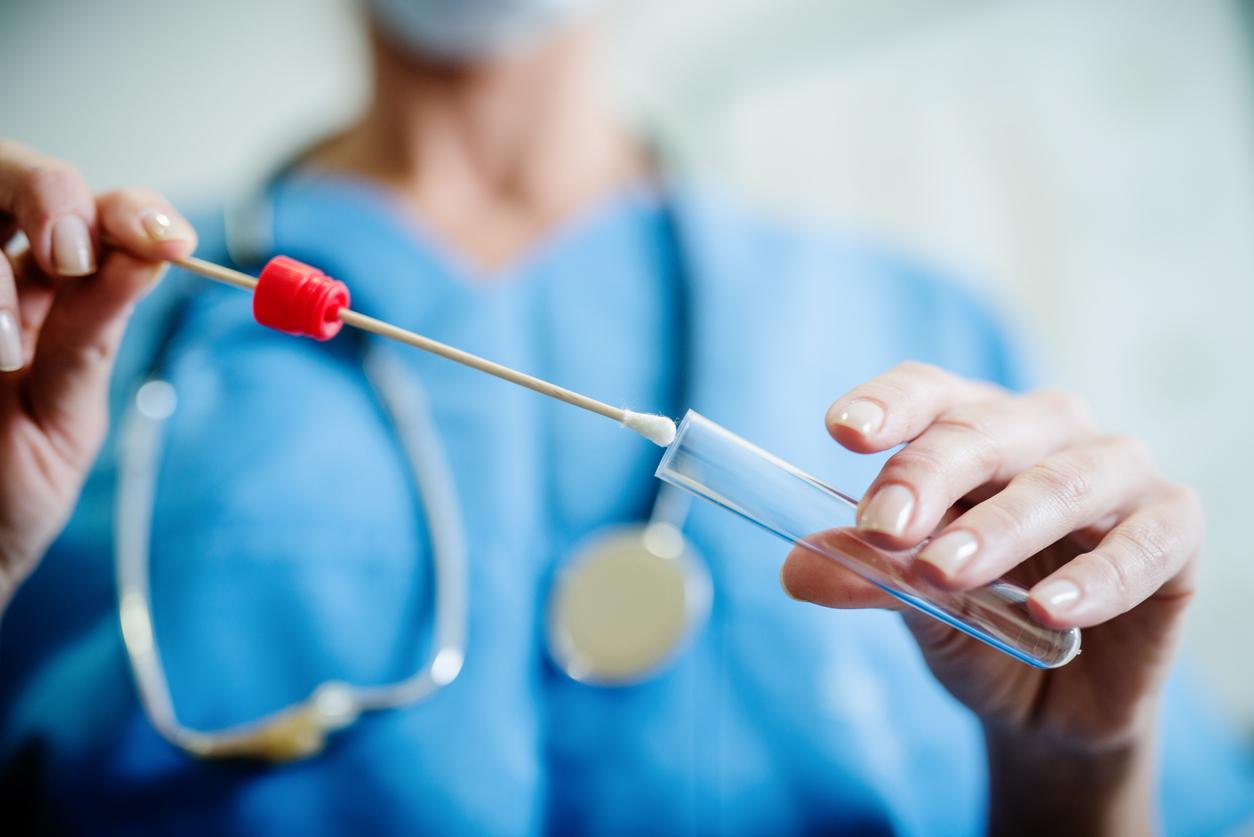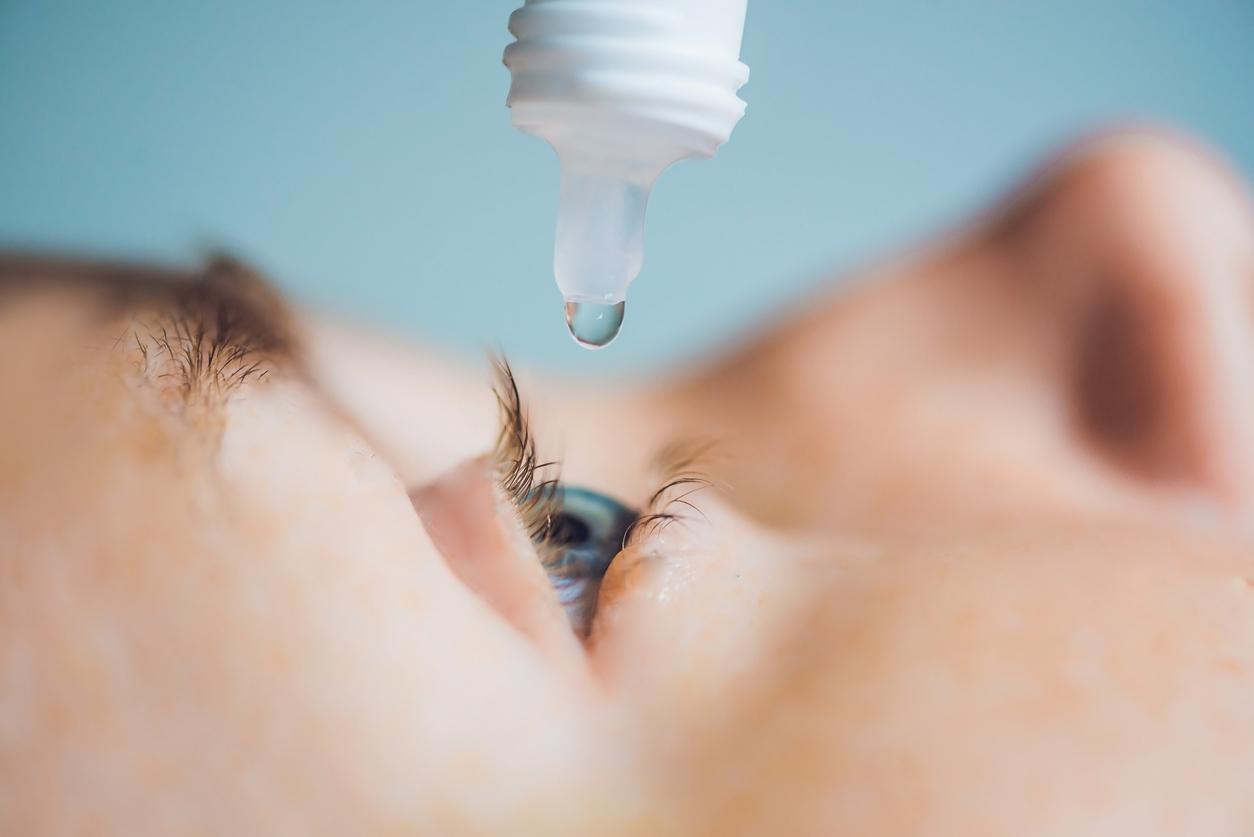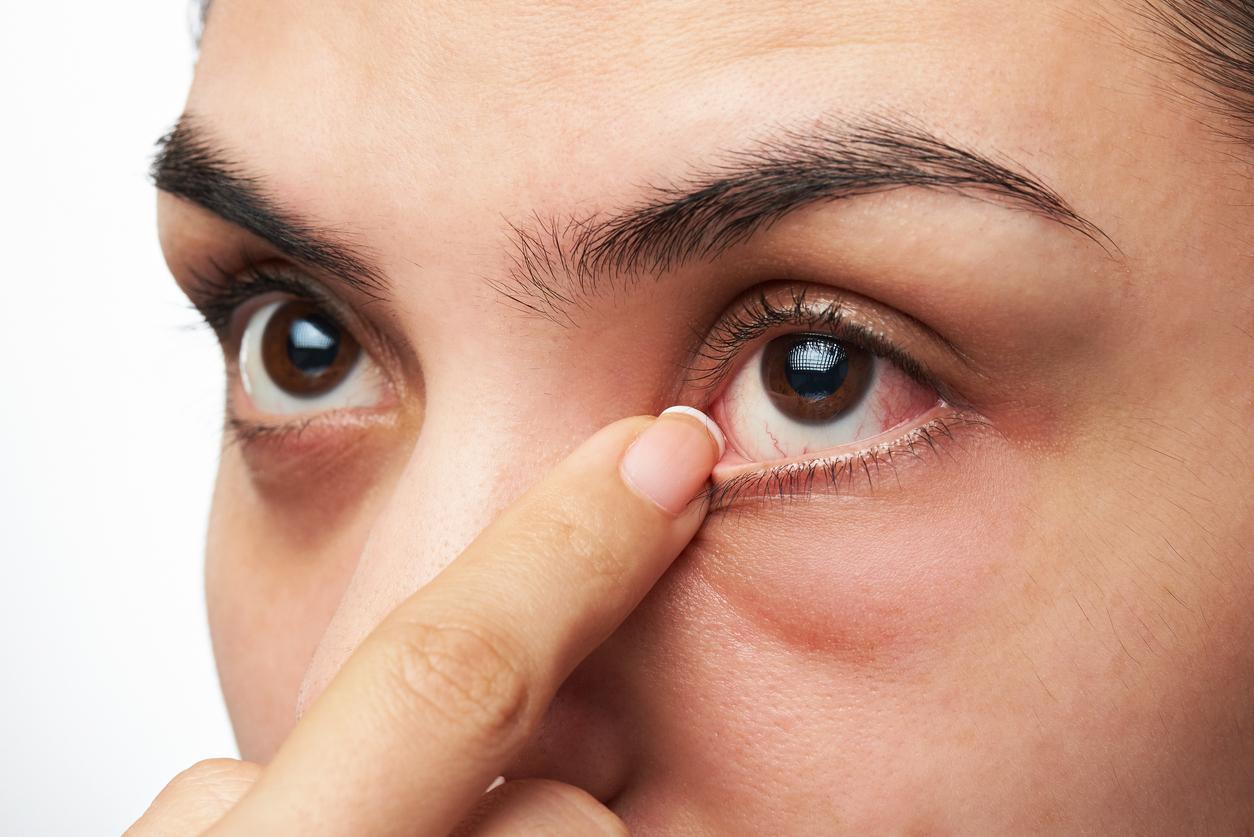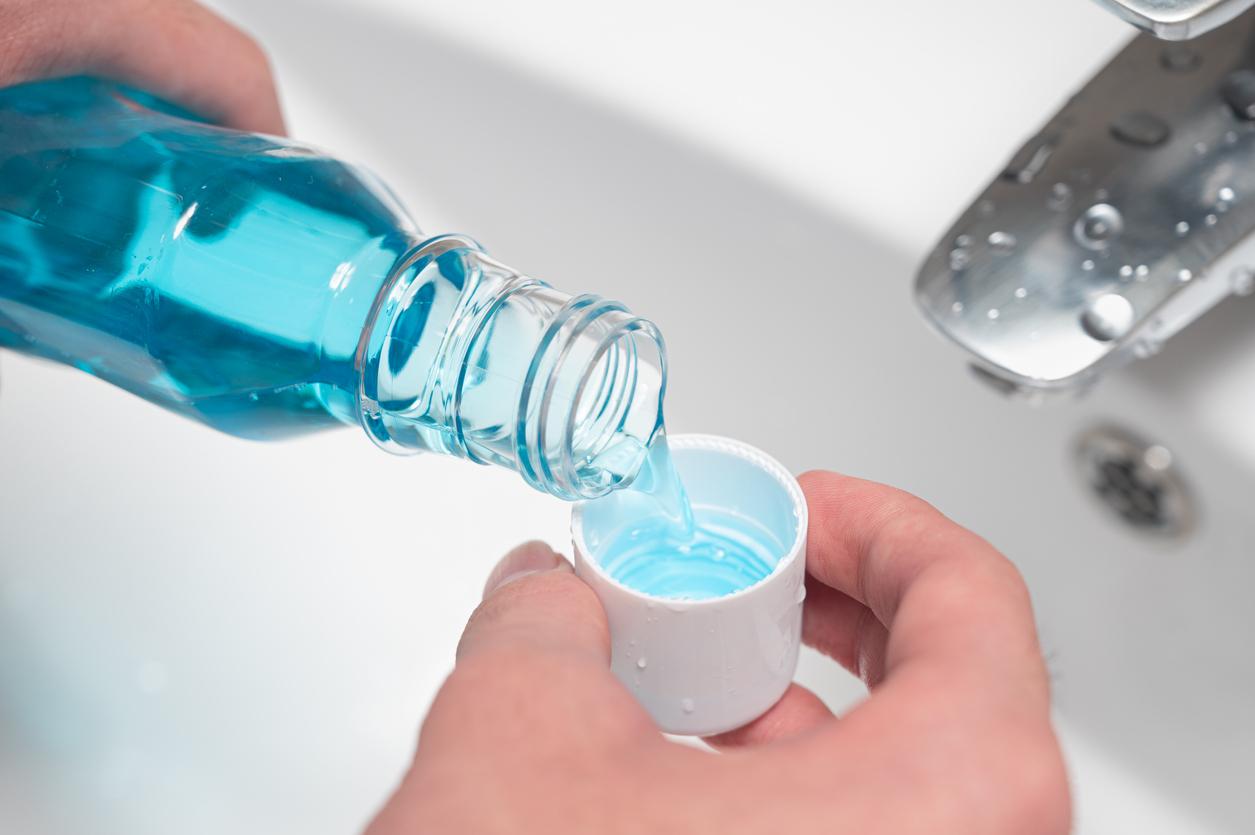Scientists from the University of Leeds have developed a new cure for dry mouth that is said to be up to five times more effective than existing commercial products.

- Scientists at the University of Leeds have developed a water-based lubricant designed to help people who suffer from a dry mouth.
- This saliva substitute is said to be comparable to natural saliva in the way it moisturizes the mouth and acts as a lubricant when food is chewed.
- Tests carried out by researchers show that it would be 5 times more effective than products currently on the market.
Xerostomia, or to use a popular expression having a dry mouth, is a common condition. Around one in ten people suffer from it. It is particularly common among the elderly and those being treated for cancer. These patients – who in severe cases experience swallowing disorders or dental problems – could count on a new remedy.
Researchers at the University of Leeds claim to have developed an aqueous lubricant that is up to five times more effective than commercially available products. Like natural saliva, it moisturizes the mouth and acts as a lubricant when food is chewed.
Xerostomia: a saliva substitute that hydrates the mouth for longer
Researchers at the University of Leeds developed this new aqueous lubricant using sophisticated chemistry techniques. They detailed the process in an article published in Scientific ReportsNovember 20, 2023.
The molecules developed, called microgelhave a structure similar to that of a sponge. This allows them to bind to the mucous membranes of the mouth. In addition, they contain a hydrogel based on polysaccharides which traps water. These two characteristics promote longer hydration of the mouth. The team created two types of different microgel : one is made with a dairy protein while the other is vegan using a potato protein.
“The problem with many existing commercial products is that they are only effective for short periods because they do not bind to the surface of the mouth, with people having to reapply the substance frequently, sometimes while they are speaking or while they eat”explains in a communicated Professor Anwesha Sarkar who led the development of the saliva substitute. “Our comparative laboratory analysis reveals that (OUR) solution will provide a more lasting effect.”

Drought oral: a solution up to five times more effective
The scientists compared their invention with six products available on the British market. Solutions already marketed showed lubricant loss ranging from 23% to 58%. With the saliva substitute created in Leeds, the rate was only 7%. Additionally, the “dairy” version slightly outperformed the vegan version.
Dr. Olivia Paboisa researcher at Leeds and first author of the article, explains: “The test results provide strong proof of concept that our material is likely to be more effective in real-world conditions and could provide relief for up to five times longer than existing products available.” She adds : “the results of the comparative analysis show favorable results in three areas keys. OUR microgel offers high hydration, it binds strongly to the surfaces of the mouth and is an effective lubricant, making it more comfortable for people to eat and speak.”
Although testing of the new product only involved laboratory analyses, the scientific team believes the results will be replicated in human trials. They intend to continue their work to be able to offer their solution to patients whose quality of life is impacted by dry mouth.









